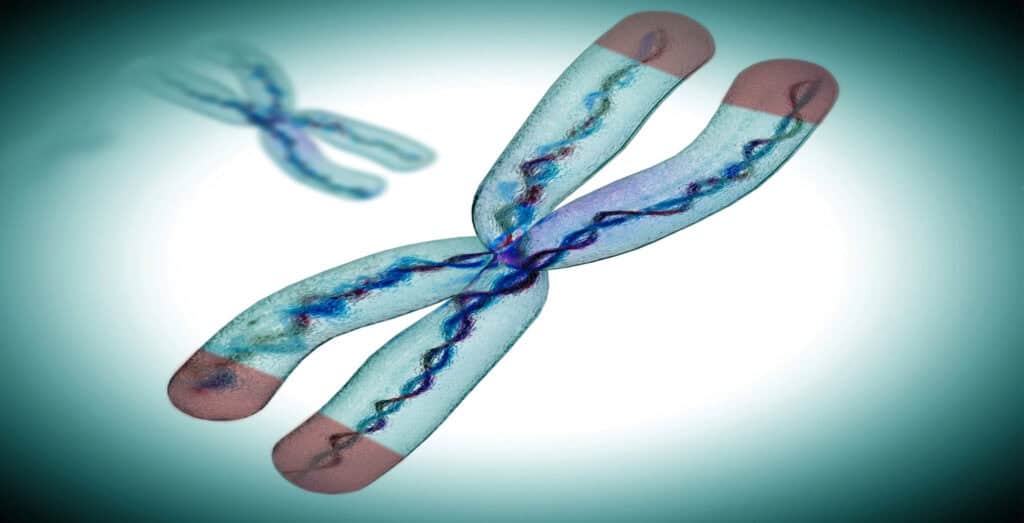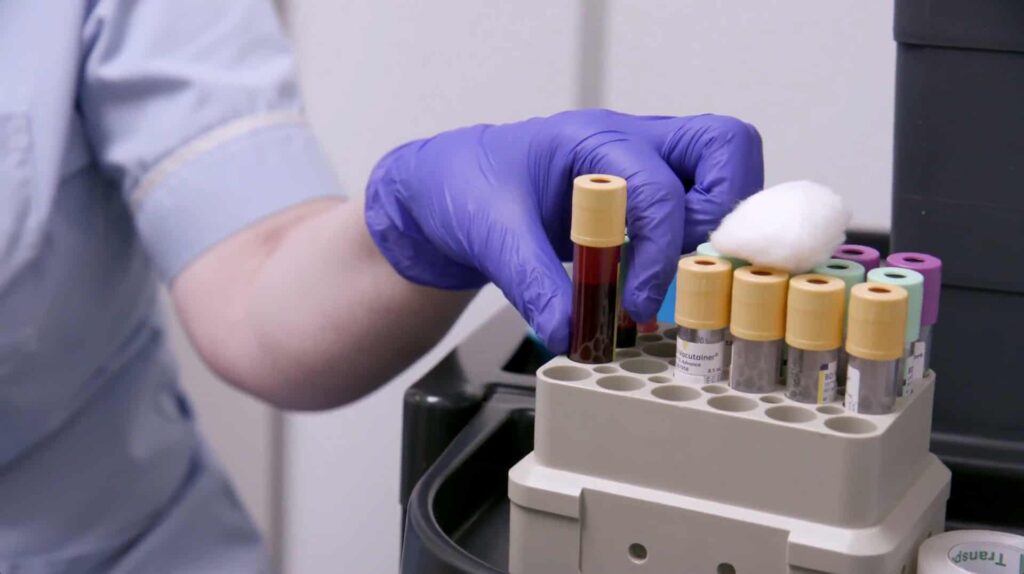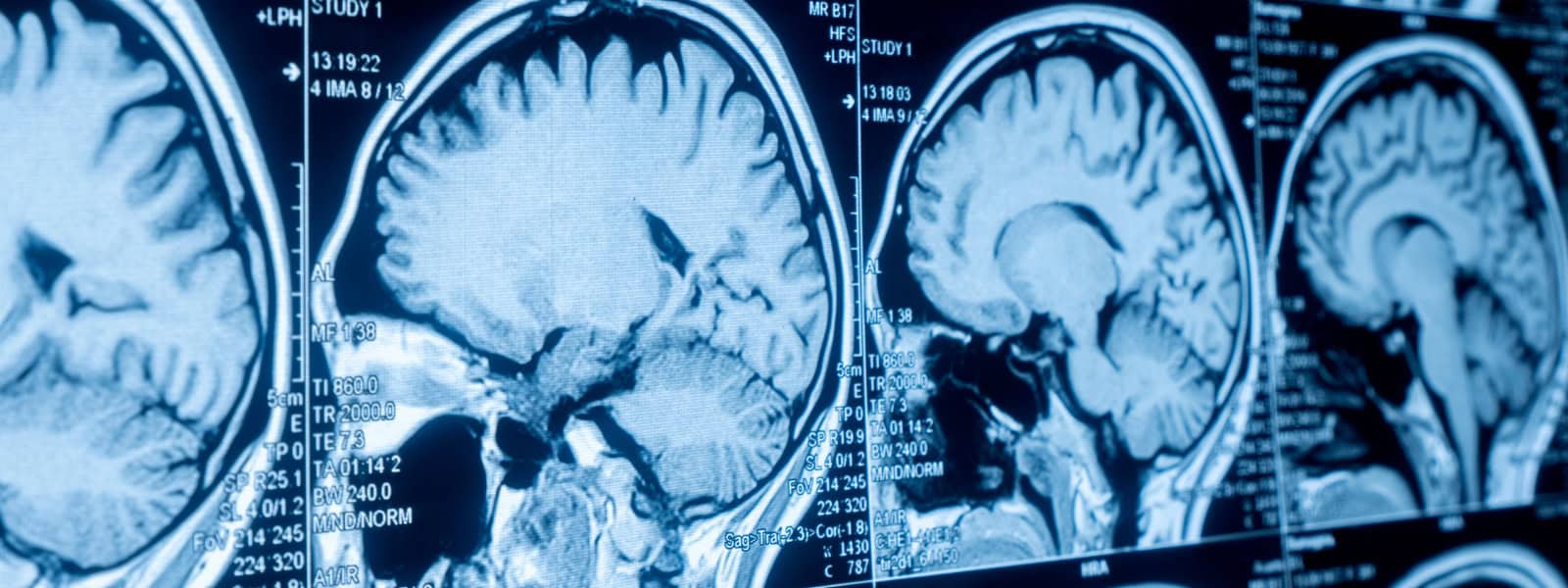More than one million people in the UK are living with brain health conditions such as dementia or Parkinson’s disease. While these conditions are common, many people do not receive an early and accurate diagnosis, or care specifically tailored to their condition.
For example, some medicines designed to help with memory and thinking problems are only effective for certain types of dementia. For other brain health conditions, no medicines are available.
The UK Biobank Brain Health Study looks to collect detailed information about the brain health of current UK Biobank participants. The data collected will help researchers identify different types of brain health conditions and support research into better ways to diagnose and treat conditions like dementia and Parkinson’s for future generations.
Aims of the Brain Health Study
Through the Brain Health Study, we aim to:
- Learn more – gain a better understanding of the causes of brain health conditions and how they develop.
- Support research – help researchers develop better ways of diagnosing different types of brain health conditions.
- Make a difference – help researchers develop new treatments for future generations.
The time and effort that our participants generously give to be part of our studies is very much appreciated by UK Biobank and the global scientific community.

Information for eligible participants
We are currently undertaking a pilot study to assess the feasibility of collecting information about brain health from our participants. If you have been contacted and are eligible, please find more information on taking part including information for family or friends who are supporting you as a study partner.

Information for participants in our Brain Health Study including what is involved and a downloadable information sheet.
What are the steps to take part in the Brain Health Study?
If you are a UK Biobank participant and would like to help, please wait for us to contact you.
The pilot phase of the study is very small and is only being run in the Stockport area so we cannot invite everyone to help at this time.
-
Eligibility survey sent
UK Biobank participants who live near our research centre in Stockport are sent a short brain health survey to complete.
-
Participants identified
The answers to the brain health survey help us to identify participants who may be eligible to take part in the Brain Health Study.
-
Invitations to take part sent
Participants who are eligible to take part receive further information about what is involved. They can decide if they would like to take part.
-
Participants attend their appointment
If eligible participants would like to take part, they attend their appointment with their nominated Study Partner, someone who knows them well. Read information for participants and Study Partners on what happens during the visit.
How UK Biobank participants are already transforming brain health
The data that our participants have generously shared are already leading to important scientific discoveries related to brain health. With your help, we can unlock even more knowledge.
Genes and Alzheimer’s disease

Researchers around the world are working to understand how someone’s genes and lifestyle influence their risk of getting a brain health condition. Genetic data from UK Biobank participants showed that small, natural differences in some people’s genes seem to protect them from Alzheimer’s disease.
Fewer than 0.1% of people have one of these protective genetic variations, which probably stop ‘plaques’ from forming. Plaques are protein clumps that are thought to kill brain cells. Understanding why these genetic variations protect people could help researchers to develop drugs that delay or prevent Alzheimer’s disease.
Diet and dementia

Many studies have tried to find out whether certain foods are associated with a higher or lower chance of developing dementia. But it is not always easy to tell whether foods actually cause a disease. Analysing people’s eating habits alongside their natural genetic variations can untangle cause and effect.
Information from UK Biobank participants showed that a Mediterranean diet seems to lower dementia risk. A Mediterranean diet contains lots of vegetables, fruits, pulses, nuts, cereals and olive oil, some fish, meat and dairy, and only small amounts of eggs and sugary foods.
Diagnostic blood tests

Doctors currently diagnose brain health conditions using costly and invasive tests: brain scans, lumbar punctures, or mental or physical tests. This usually happens long after someone has noticed symptoms. Blood tests could radically change how and when doctors can diagnose brain health conditions.
Researchers have already shown that it is possible to predict dementia risk up to a decade before formal diagnosis. They looked for certain biological markers in the blood samples donated by UK Biobank participants. Blood tests for Alzheimer’s disease could be available on the NHS within the next few years.

Dementia United were delighted to partner with UK Biobank to ensure people with lived experience of dementia were involved in all aspects of their Brain Health study design. Potential participants will enable ground-breaking research to bring a cure for dementia closer for all of us. At the same time, they can be reassured that every aspect of the study has been designed with their care and wellbeing in mind.
Sarah Kirkland, Senior Project Manager
Dementia United, NHS Greater Manchester

